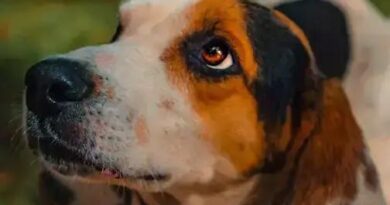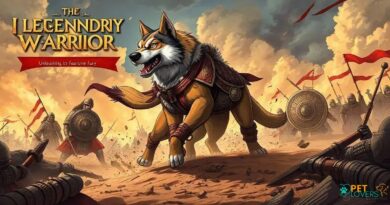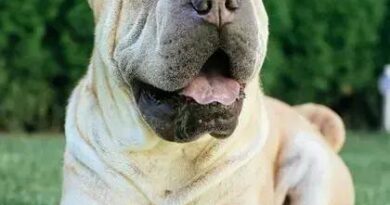What is: Zinc deficiency management
Understanding Zinc Deficiency in Dogs
Zinc deficiency management is crucial for maintaining the overall health of dogs. Zinc plays a vital role in numerous biological functions, including immune response, skin health, and cellular metabolism. When dogs lack sufficient zinc, they may exhibit symptoms such as hair loss, skin lesions, and a weakened immune system. Recognizing these signs early can help pet owners take appropriate action to manage zinc deficiency effectively.
Symptoms of Zinc Deficiency in Dogs
Identifying the symptoms of zinc deficiency is the first step in effective management. Common signs include excessive scratching, flaky skin, and a dull coat. In severe cases, dogs may develop pyoderma, a bacterial skin infection that can exacerbate the condition. Additionally, behavioral changes such as lethargy and reduced appetite may indicate a zinc deficiency. Monitoring your dog’s health and behavior can help you catch these symptoms early.
Causes of Zinc Deficiency
Zinc deficiency can arise from various factors, including dietary insufficiencies and malabsorption issues. Certain dog breeds, such as Siberian Huskies and Alaskan Malamutes, are genetically predisposed to zinc deficiency. Additionally, diets that are high in calcium can interfere with zinc absorption, leading to deficiencies over time. Understanding these causes is essential for effective zinc deficiency management in dogs.
Diagnosing Zinc Deficiency
To diagnose zinc deficiency, veterinarians typically perform a thorough physical examination and may recommend blood tests to measure zinc levels. Skin scrapings and biopsies can also help identify related skin conditions. It’s important for pet owners to work closely with their veterinarians to ensure an accurate diagnosis, as symptoms can often mimic other health issues.
Dietary Management for Zinc Deficiency
One of the primary methods for managing zinc deficiency is through dietary adjustments. High-quality dog foods that contain adequate levels of zinc are essential. Pet owners should look for foods that list zinc as one of the primary ingredients. Supplementing with zinc can also be beneficial, but it should only be done under veterinary guidance to avoid toxicity.
Supplementation Options
When dietary changes alone are insufficient, zinc supplementation may be necessary. Zinc supplements come in various forms, including zinc sulfate and zinc chelate. It’s crucial to consult with a veterinarian to determine the appropriate dosage and form of supplementation for your dog. Over-supplementation can lead to toxicity, so careful management is essential.
Monitoring and Follow-Up
Regular monitoring is vital for effective zinc deficiency management. Pet owners should schedule follow-up appointments with their veterinarians to assess their dog’s progress and make any necessary adjustments to their diet or supplementation. Keeping a close eye on your dog’s symptoms and overall health can help ensure that zinc levels are returning to normal.
Preventing Zinc Deficiency
Preventing zinc deficiency is often easier than treating it. Providing a balanced diet rich in essential nutrients, including zinc, is the best way to keep your dog healthy. Regular veterinary check-ups can help catch any potential deficiencies before they become serious. Additionally, being aware of your dog’s breed-specific needs can aid in prevention.
Conclusion: The Importance of Zinc in Canine Health
Zinc deficiency management is a critical aspect of canine health that should not be overlooked. By understanding the symptoms, causes, and management strategies, pet owners can ensure their dogs remain healthy and vibrant. Regular veterinary care, a balanced diet, and attentive monitoring are key components in preventing and managing zinc deficiency in dogs.



